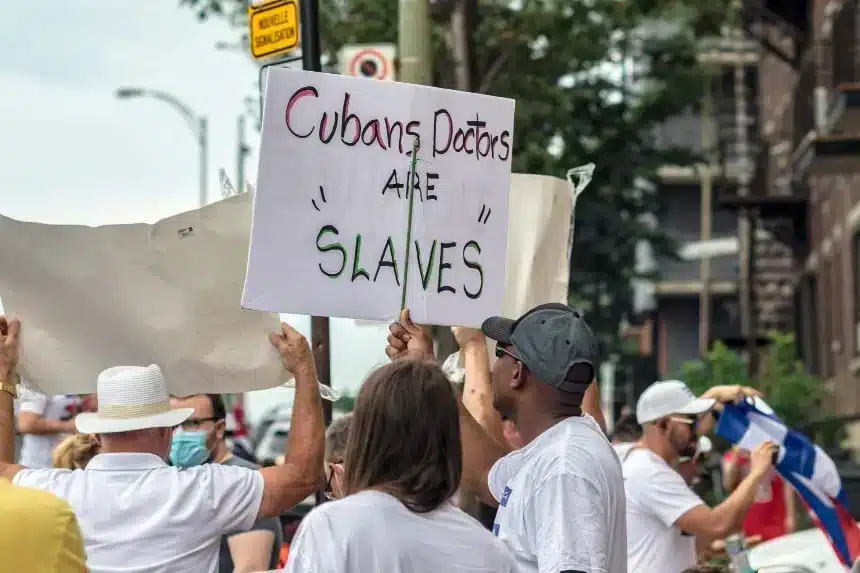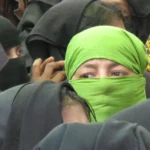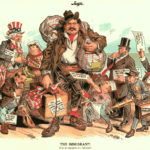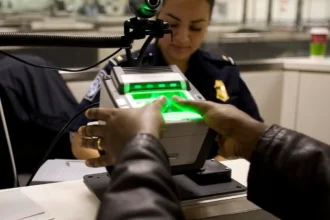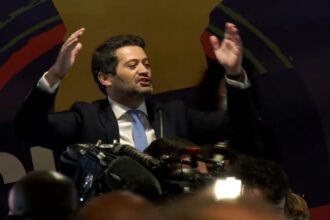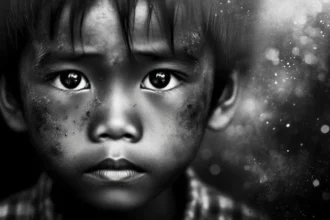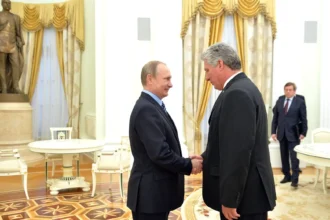The exploitation of doctors has served as a substantial revenue source for the Havana regime since 1963, a fact widely acknowledged but seldom challenged. In 2011, this practice saw a series of privatizations that broadened the exportation of medical personnel through the Cuban Medical Services Marketing Company. The alliance with Venezuela, in particular, facilitated the mass exportation of specialized Cuban labor to other countries, generating significant compensation for the Cuban government, which retains up to 94% of the doctors’ salaries.
Orchestrated Control and Silencing Dissent
However, the exploitation of Cuban doctors is a grim reality that transcends mere wage retention and ventures into the realm of blatant human rights violations. As Human Rights Watch has detailed, the control of the Cuban communist regime over its medical staff on missions is extensive, extending to even the most trivial aspects of their lives. Such control infringes on their right to associate freely and imposes draconian rules on doctors deployed in medical missions globally, violating their fundamental rights. A 2010 resolution by the Ministry of Foreign Trade and Foreign Investment deems it a disciplinary violation to engage with individuals whose beliefs conflict with Cuban societal values or to associate with Cuban dissidents or those opposed to the Cuban revolution.
Furthermore, the resolution ambiguously restricts healthcare workers’ freedom of movement, making it an offense to frequent places that might tarnish their reputation or are known for public disorder. They must also seek permission to attend political or social public events. Their freedom of speech is tightly constrained by ambiguous rules that surpass any legitimate governmental purpose. Under this resolution, medical professionals must obtain clearance to speak to the media about internal workplace matters or anything that could jeopardize Cuban collaboration.
Confronting Slavery or Imprisonment
Article 135 of the Cuban Penal Code stipulates an 8-year incarceration for medical practitioners or other professionals who fail to return to Cuba upon finishing their assigned tasks. Additionally, Regulation 168, overseen by MINCEX, sets out the disciplinary measures for missions, including an absolute ban on leaving the job, and outlines severe breaches of rights under the categories of “obligations” and “violations.”
These practices, among others carried out by the Cuban regime, severely violate the labor rights, freedom of expression, and the right to family life of its medical professionals. The treatment of Cuban doctors by the communist regime has been denounced as modern-day slavery by international bodies, including the Inter-American Commission on Human Rights (IACHR), the European Parliament, and the UN High Commissioner for Human Rights (CUB6/2019). This stance is further supported by Human Rights Watch, based on nearly 700 testimonies from Cuban doctors. The International Labor Organization has established indicators that support this claim.
The Committee on the Rights of the Child has urged Cuba to end all separations of children from their parents due to the latter’s decision to terminate an employment contract as doctors and to modify article 135.1 of the penal code to remove obstacles that prevent family reunification.
Deteriorating Medical Situation in Cuba
While the Cuban regime profits from the exploitation of its doctors, the medical situation in Cuba is dire. Medical shortages are countless, and investment in hotels far exceeds investments in medicine. The enormous shortage of medicines in Cuba includes vitamins, prenatal pills, antibiotics, and even medications for psychiatric and epileptic patients.
Modern slavery in Cuba and the human rights violations that characterize its daily practices at all levels are a stain on the conscience of those that continue to widely perpetuate the myth of Cuba as a medical superpower, regardless of the suffering that such violations cause to Cuban doctors.
Urgent Moral Obligation
The denunciation of the exploitation of doctors is not only a moral imperative but also vital to shed light on a tragedy that affects the lives of thousands of Cuban doctors and their relatives, while the Cuban communist regime benefits from the very suffering it engenders.


